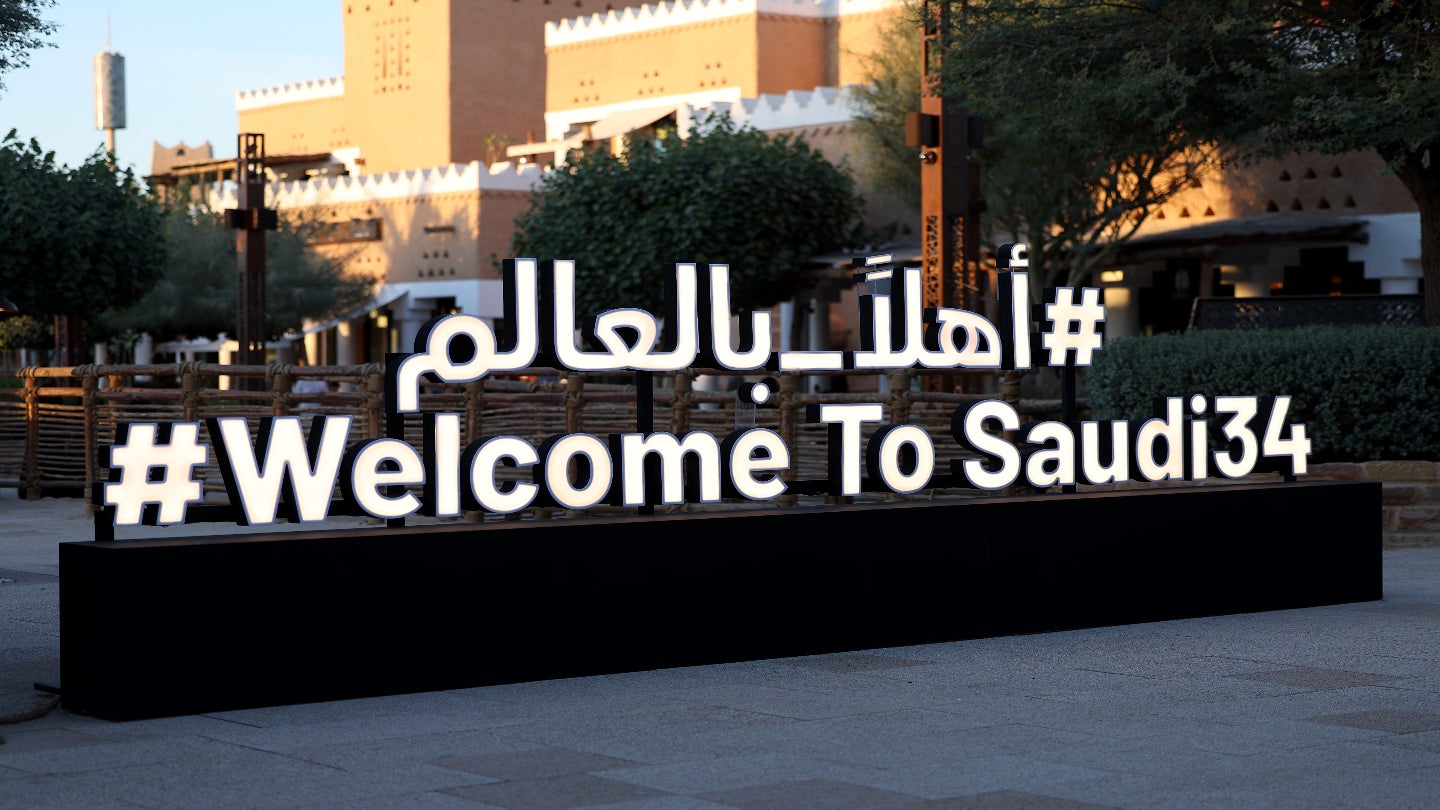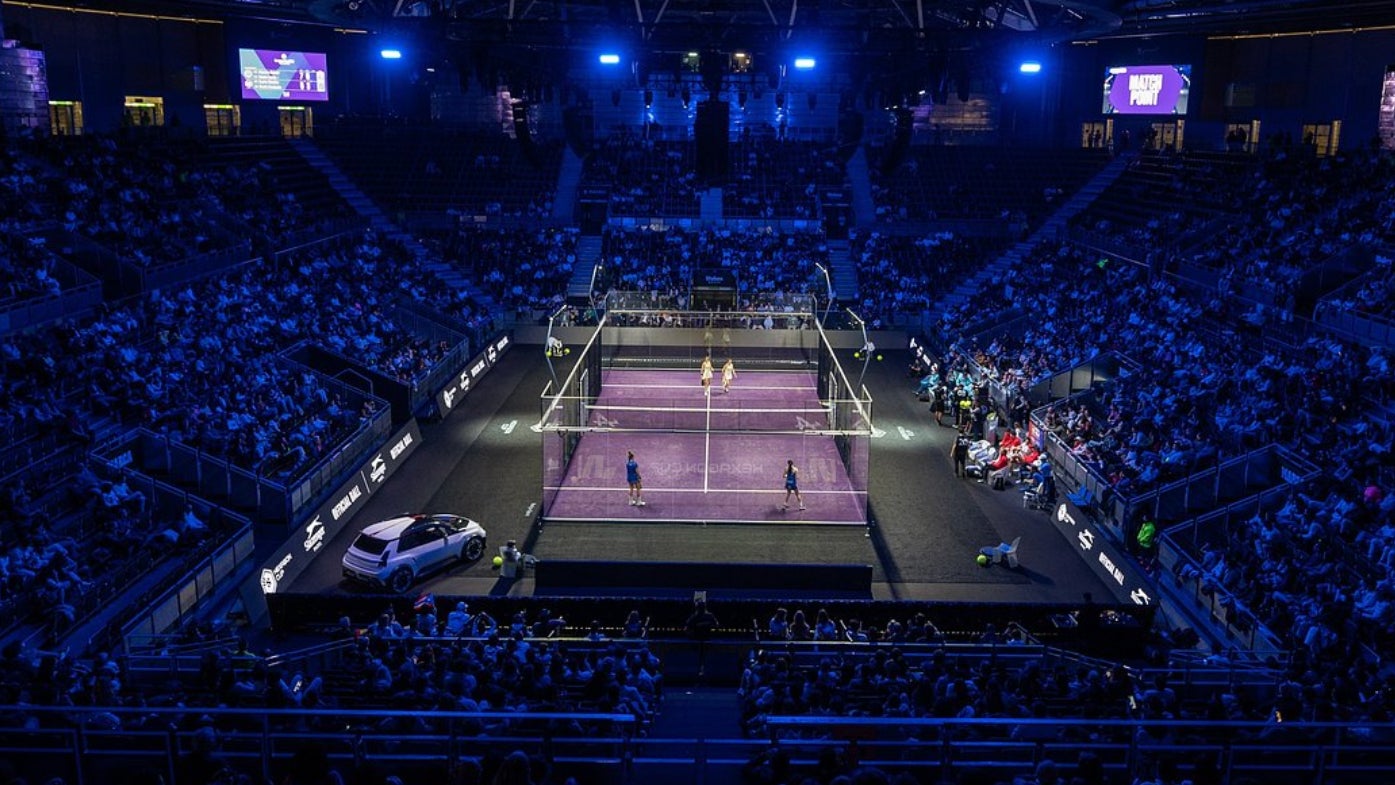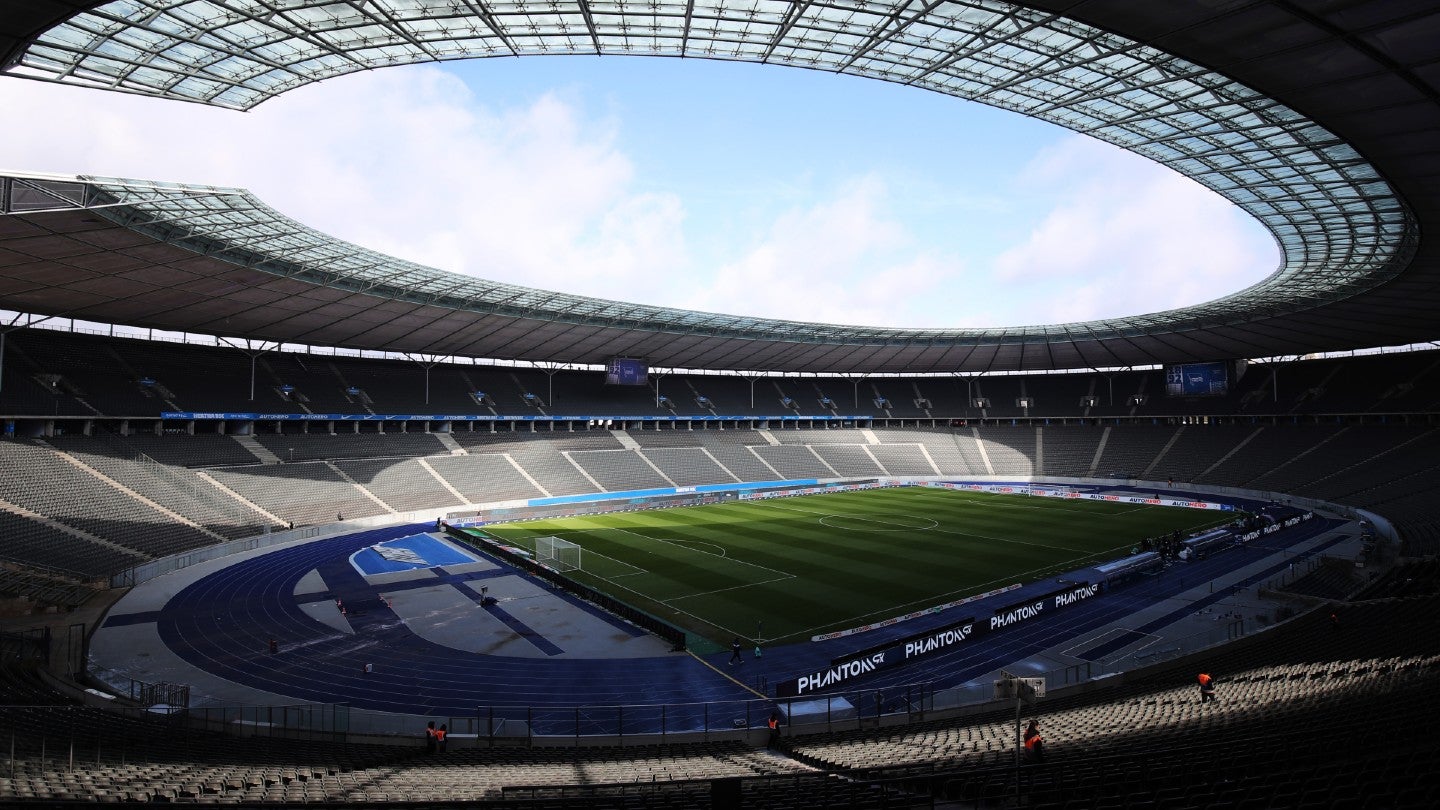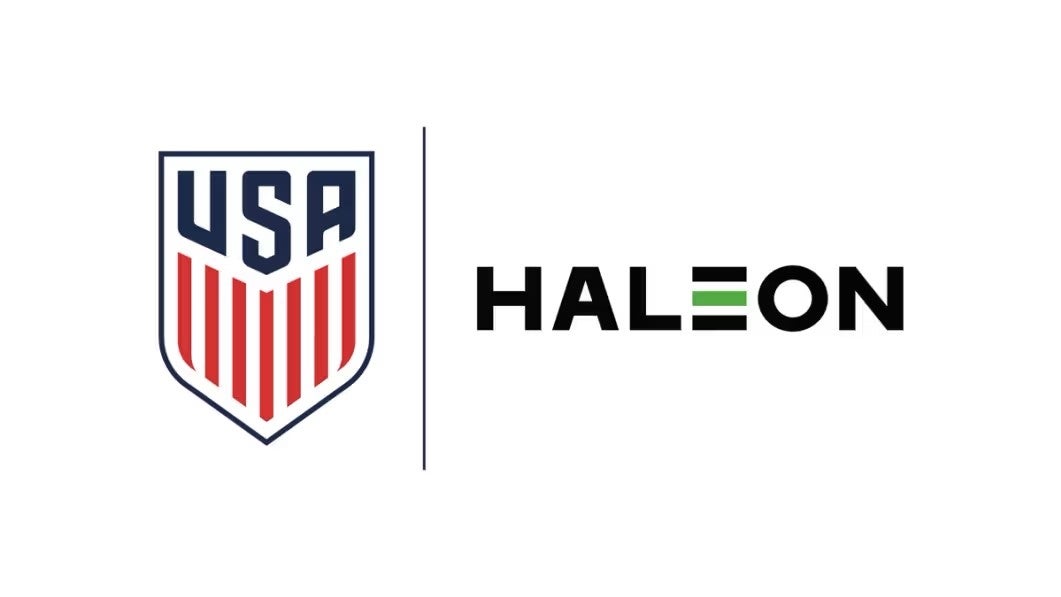Saudi Arabia has today, as expected, been applauded into the hosting seat for men’s soccer’s 2034 FIFA World Cup, in what was essentially the last formality of a process that was always set to have only one outcome.
Ever since the Kingdom (which has never put on the event before) was awarded preferred bidder status by FIFA late last year - and arguably from well before that - the 2034 edition of national team soccer’s most iconic tournament was only ever going to take place in one location. FIFA’s bidding criteria had ensured that only the number of countries who could apply for hosting rights was limited, due to other continents staging the next three editions (North America in 2026; Africa, Europe, and South America in 2030).
The formalities took place earlier today at the 2024 Extraordinary FIFA Congress in Bangkok, Thailand, where the various national soccer federation members confirmed Saudi as host nation for the event in a decade’s time by acclamation. This meant there was no vote - instead, the member federations simply clapped as a form of acceptance when the bid was put in front of them.
The combined hosting bids for 2030 - Spain, Portugal, and Morocco will host most games, while three will take place across Argentina, Uruguay, and Paraguay in a technically separate process - have also been acclaimed through, in the same manner, by the congress.
Saudi Arabia was the only nation to bid for 2034 World Cup hosting rights - submissions were briefly considered by Australia and Indonesia, but those nations quickly backed out once it became clear which way the wind was blowing.
Both the 2030 and 2034 World Cups will contain 48 teams, with the event having increased from 32 teams in time for the 2026 edition across Mexico, the US, and Canada.
With the option of objecting to the decision by voting for another country taken away, a few countries (including Norway and Switzerland) did choose to submit official letters to FIFA questioning the bidding process. However, some are also understood to have been fearful that expressions of dissent could lead to accusations of hypocrisy - given that all member nations are almost certain to try and qualify for the World Cup.
The Norwegian FA’s letter suggests the bidding process has been perceived as “not fully aligning with the principles and objectives of FIFA’s governance reforms."
This confirmation comes hot on the heels of FIFA’s bid evaluation report into the Kingdom’s 2034 submission handing out the highest-ever total score for a World Cup bid - 419.8 out of 500 in total.
This came despite the report citing multiple aspects as presenting a medium risk (bids are ranked either low, medium, or high, across 18 criteria), including stadiums and accommodation in the infrastructure department, as well as in terms of transport provision, human rights (which many campaigners believe should bar the Kingdom from hosting an event such as the World Cup) and event timing (World Cups are usually held in June and July, at which time temperatures in Saudi Arabia regularly exceed 40 degrees, meaning it will most likely take place in the Northern Hemisphere Winter).
Out of the 15 stadiums proposed to host games across five Saudi cities, eight are yet to be built, and all the proposed venues are not expected to be completed until early 2032.
Upon the report's publication, campaign group Amnesty International said it represents “an astonishing whitewash of the country's atrocious human rights record. There are no meaningful commitments that will prevent workers from being exploited, residents from being evicted or activists from being arrested.
It added: “Fundamental human rights reforms are urgently required in Saudi Arabia, or the 2034 World Cup will be inevitably tarnished by exploitation, discrimination and repression.”
Saudi Arabia’s hosting of the 2034 World Cup has provoked constant criticism from human rights groups over the last year, with one of the main issues being its treatment of migrant workers. Around 10 million migrant workers are believed to be living in the Kingdom currently, and they are regularly alleged to suffer poor working conditions, and to have wages unpaid. There are also regular allegations about the treatment of women and the LGBTQ community in the Kingdom.
Steve Cockburn, Amnesty International’s head of labor rights and sport, has now stated: “Fifa’s reckless decision to award the 2034 World Cup to Saudi Arabia without ensuring adequate human rights protections are in place will put many lives at risk."
Securing World Cup hosting rights is a major element of Crown Prince Mohammad bin Salman’s efforts to project Saudi Arabia to the world as a more diverse and modern country, in terms of its economy, culture, and also socially.
The country has been working on improving its own soccer leagues and facilities in recent years, and in terms of attracting other major events from that sport, it will also host the Asian Football Confederation’s 2027 Asia Cup.
The 2030 submission, meanwhile, will see Spain, Portugal, and Morocco, host all but three of the matches, with Argentina, Uruguay, and Paraguay, to stage one each - in honor of 2030 marking the centenary of the first FIFA World Cup, held in Uruguay.
While the bid evaluation report by FIFA of that submission ranked it highly overall, it did say that the disconnected nature of the tournament - with three games at the start in South Africa, across the Atlantic Ocean from the rest of the tournament - risked “significant negative impact on the climate.”















